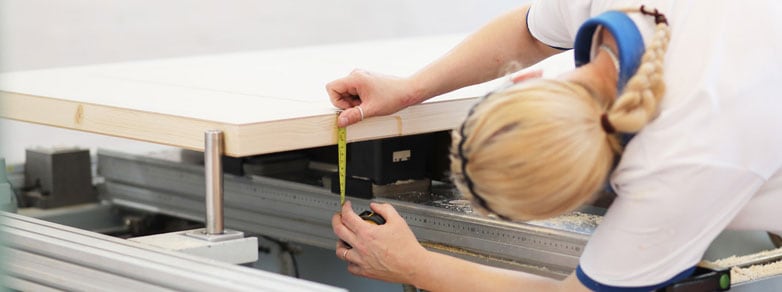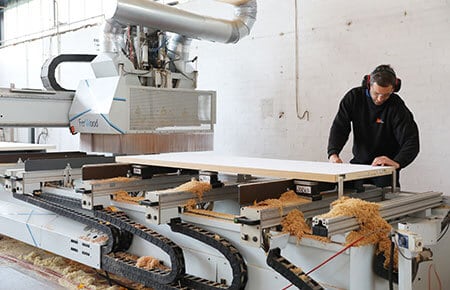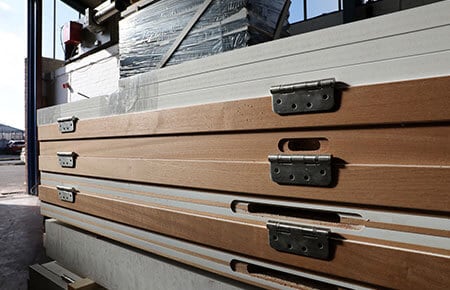Fire safety is now of paramount importance to architects or property developers designing or planning buildings – or, at least, should be.
Architects and designers must have extensive knowledge of fire-resistant materials, fire safety strategies and integral parts of a building’s fireproofing plan, like fire-rated doors.
And yet a recent study found that a shocking 75% of fire doors installed in the UK by commercial and residential fire doors actually failed inspection.
Why?
Because too many people are willing to cut corners on fire safety by going for the ‘cheap’ option as opposed to buying through ‘golden thread’ approved UK fire door manufacturers.
And cutting corners like this could put your property and – most importantly – its occupants at severe risk of death or serious injury.
What UK Law Says About Fire Doors And Fire Safety
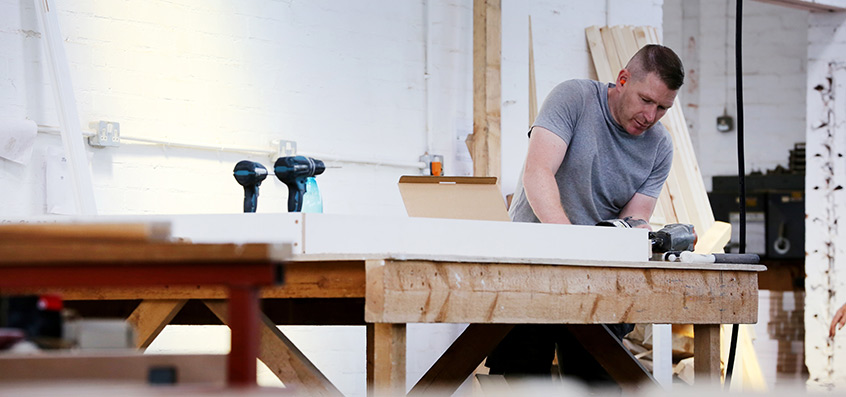
UK landlords are legally responsible for ensuring their properties and tenants are safe.
The Regulatory Reform (Fire Safety) Order 2005 (FSO) says that the ‘responsible person’ can be criminally prosecuted if they do not fulfil their fire safety duties and meet compliance.
The responsibility extends to the requirement for a fire risk assessment in all non-domestic buildings, including the common parts of flats or multi-occupancy houses.
What Makes Fire Doors Different?
New to fire safety and fire doors?
Don’t worry, here’s a quick run-through on what fire doors are, what they’re made from, and what makes them so much more effective than standard doors when it comes to keeping people and property safe from the deadly threat of fire.
Fire doors – or fire-rated doors, as they’re also referred to – enable buildings to compartmentalise and delay the spread of fire or smoke from one area to another.
Fire doors are usually made of a combination of resistant materials, such as glass, gypsum, steel, timber and aluminium. The materials used for standard doors are not fire-resistant or equipped to deal with blazes.
Fire-rated doors are also, crucially, fitted with intumescent seals around the frame that expand when exposed to heat, closing the gap between the door and the wall, and thereby ultimately preventing the spread of fire and smoke.
Quality fire doors are designed and expertly manufactured to withstand raging fires – and, in the case of FD30S fire doors, deadly smoke – for up to 30 minutes.
Fire Doors Are Purpose-Built
Much like people, fire uses doors to reach different areas of a building.
Although they can burn through walls, blazes will naturally take the path of least resistance, which is most often through a door.
So the doors in your building must offer the highest level of protection possible.
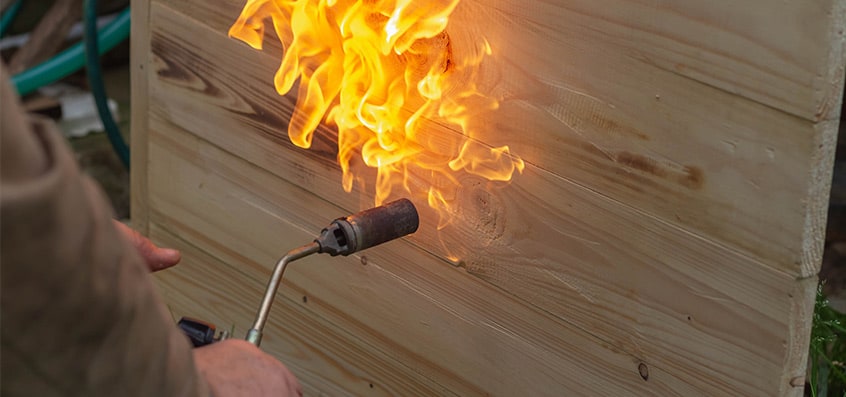
If these doors aren’t fireproof, they can even contribute to the strength and spread of a fire, causing further damage to the building and increasing the threat of serious injury or death to occupants.
Beyond this, standard doors lack the fireproof qualities and mechanisms that are so important in the event of a fire-related emergency.
This can lead the inhabitants of a building to find informal ways of keeping doors open and their access unrestricted, such as wedging them open with a piece of wood or cardboard.
From a legal perspective, if a property is found to have doors that have been wedged open in the event of a fire, it could invalidate their insurance claim and even lead to potential criminal penalties.
If the Grenfell disaster and other tragedies have taught us anything, it’s that we must never cut corners when it comes to fire safety.
They’re All Around Us
You may not realise it, but fire doors are everywhere, in every type of public, commercial or multi-occupancy building you can think of.
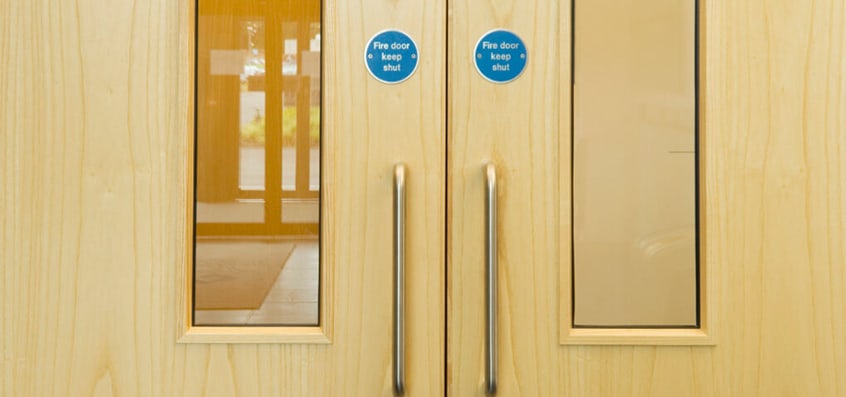
Shopping centres, cinemas, hospitals, banks, flats: you name it, there will be fire doors. There have to be – it’s a legal requirement in the UK.
Cutting Corners Will Cost Lives – And Your Reputation
This feeds into our next point: reputation.
The Grenfell disaster should never be forgotten or downplayed. It was a tragedy that should have never occurred.
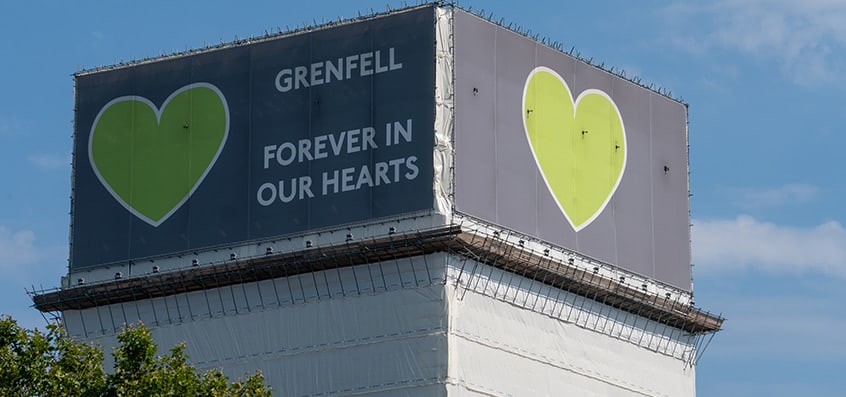
Grenfell placed fire safety under the national and even global microscope. The fallout and subsequent inquiry after Grenfell quite rightly pointed the finger at the failings of people and organisations who had a duty to protect Greenfell’s inhabitants. And those who were shown to have cut corners or failed to comply with fire safety standards have, quite rightly, suffered loss of reputation (a small price to pay in comparison with loss of life) from which they will likely never recover.
Use An Approved Fire Door Manufacturer And Installer
Given the vital role fire doors play in protecting lives, they must be subjected to regular inspections; especially in light of so many sub-standard fire doors being found to have failed inspection by the Fire Door Inspection Scheme (FDIS) survey.
As a commercial or multi-occupancy property owner, you have a legal duty to follow strict regulations and guidelines around the degree to which your fire doors can withstand heat for extensive periods of time.
Substandard doors will be condemned when they’re inspected.
So, key lessons you should take from this blog are to always:
- Buy from a quality fire door manufacturer approved by the BWF (British Woodworking Federation)
- Use an expert to install your fire doors
We specialise in manufacturing bespoke fire doors that protect people and property.
Get in touch with one of our expert team members on 01642 265 034 or email info@vigordoors.com to learn more.
